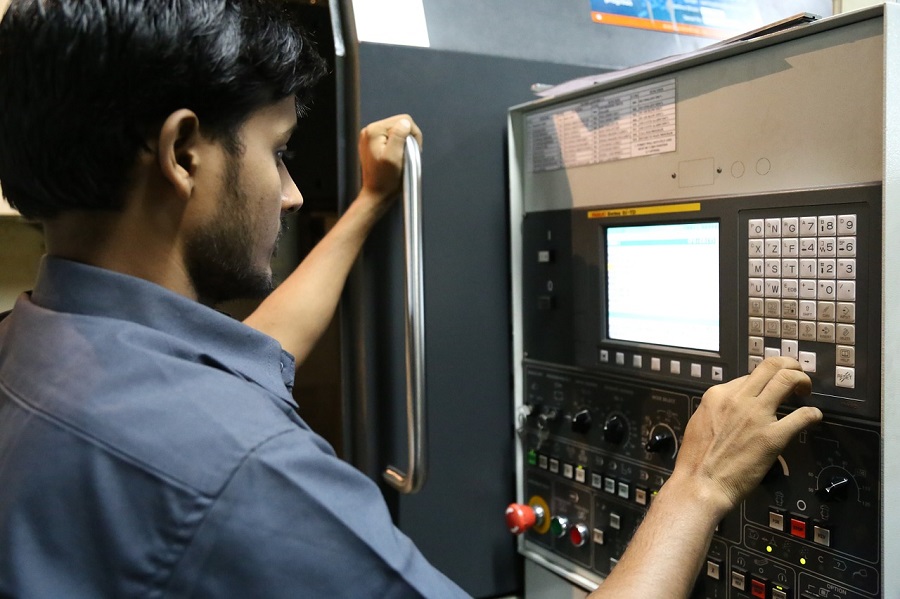
Pathways to Careers in Mechanical Engineering in the US
A mechanical engineering education can serve as a valuable foundation for an enriching career in healthcare, energy services, manufacturing, aerospace, automotive, consumer products, or any number of other industries requiring technical aptitude to design innovative products and systems. Mechanical engineering plays a critical role in making people’s lives productive, and many professionals are entering the high tech fields of nanotechnology, biomechanics, and clean energy. These disciplines promise to unlock solutions to the world’s most pressing challenges.
Multiple Educational Paths
The most common paths to careers in mechanical engineering are via college and university-level programs in mechanical engineering (ME) and mechanical engineering technology (MET). Degree holders in either field will find employment opportunities in many different industries and business sectors.
In the United States, ME programs are typically four years at a university, which is the traditional educational pathway for students interested in a mechanical engineering career. Some students start in a two-year pre-engineering program at a community or technical college and transfer to a university for the third and fourth years.

Students in ME programs are educated in math and science and trained to design, analyze, build and test products, processes, and complex systems. By the time students graduate with a bachelor of science (B.S.) in mechanical engineering or similar title, they are equipped with the problem-solving skills necessary to begin engineering practice in industry. They are able to interweave knowledge of advanced mathematics, the natural and engineering sciences, and engineering principles and practices with considerations of economic, social, environmental, and ethical issues. ME graduates are inventive, analysis-oriented and prepared to diagnose and develop creative solutions to a wide variety of open-ended problems.
Mechanical engineering is the largest undergraduate engineering discipline in the U.S. and also attracts the largest number of women studying engineering. Jobs wait for ME graduates in product and systems design, product research and development, as well as affiliated fields such as project management and technical sales, among other important industry functions. Many B.S. graduates enter graduate studies in mechanical engineering or other professional degree programs to expand their knowledge and career directions.
The Mechanical Engineering Technology Program
There are two types of MET programs. One type is a bachelor’s of science (B.S.) degree program consisting of four years of highly applications-oriented study at a university and leading to a career-start as an engineer, and the associate degree programs involving two years at a community or technical college and leading to a career-start as an engineering technician. Many students transfer to BSMET degree studies after completing two years of associate degree studies.
MET programs emphasize today’s industrial design practices and preparatory training focuses on solving specific scientific and defined engineering problems. MET graduates entering the workforce with B.S. programs can work in product design and development, performance evaluation, and manufacturing, among other disciplines. Holders of associate degrees will likely find good opportunities in the areas of computer-aided design, production, product/process development, and industrial maintenance.
For more information visit the American Society of Mechanical Engineers (ASME) at www.asme.org
